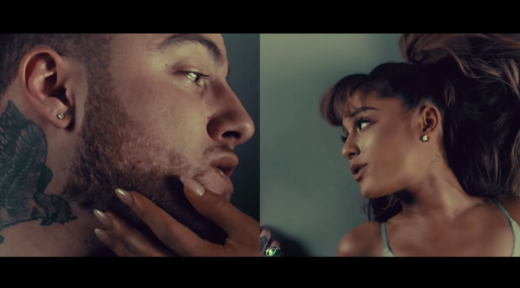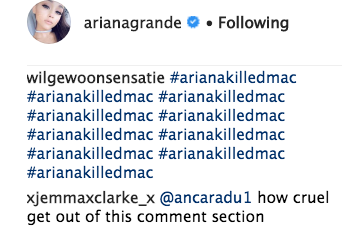The public attack on Grande is horrible but in no way surprising. It's not even the first time in the last few weeks that a woman has been blamed for a famous man's own longterm, personal struggles. Ben Affleck's current girlfriend, model Shauna Sexton, was accused of landing the 46-year-old actor back in rehab late last month after she posted a photo of herself enjoying a glass of wine. Admittedly, her timing wasn't great; the pic went up just three days after Affleck's ex-wife, Jennifer Garner, staged an intervention. But when accusations started flying in the comments, Sexton quickly and directly pointed out that her boyfriend's ability to stay sober had little to do with her.
Sexton wrote:
"I love to drink and party! Absolutely dude. Most 22 year olds do… [Does it] mean i would disrespect someone’s hard earned sobriety by drinking with them or in front of them? Hell no… Ben is a grown ass man, baby. He makes his own decisions. Blaming a 22 year old for someone’s 3rd time in rehab is just ridiculous...He is human. I am human. You are human. We all are going to f**k up it’s just a matter of learning from it. Don’t be so quick to throw shade on people. Take a step back, accept that we are all on our own journey, and be a little less critical."
So where does the compulsion come from, to hold responsible anyone other than the dead celebrity in question? The root of it is in the public's great sense of personal attachment to famous people, especially musicians. Pointing the finger at someone else means propelling our own sadness out and away from us. Therapist Patrick Wanis told Shape magazine: “We grieve them … because we feel they can no longer continue to contribute to our lives—we have lost out on their next musical creation.”
The other factor is an unwillingness to blame the deceased person themselves, for being gone too soon. No one wishes to speak ill of the dead, so we absolve them of responsibility and shift blame to the next nearest living person.



